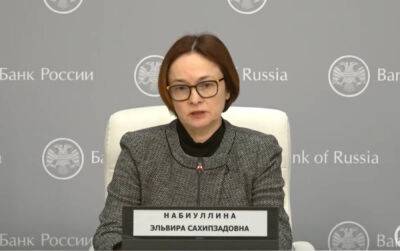Crypto crisis means regulation will come sooner rather than later
With cryptocurrency prices plummeting as central banks start to raise interest rates, many are wondering if this is the beginning of the end of the bubble. Perhaps not yet. But a higher opportunity cost of money disproportionately drives down the prices of assets whose main uses lie in the future. Ultra-low interest rates flattered crypto, and young investors are now getting a taste of what happens when interest rates go up.
A more interesting question is what will happen when governments finally get serious about regulating bitcoin and its brethren. Of the big economies, only China has so far begun to do so. Most policymakers have instead tried to change the topic by talking about central bank-issued digital currencies (CBDCs).
But this is something of a non sequitur. Although CBDCs are likely to include privacy features for small transactions, larger transactions will almost certainly require individuals to reveal their identity. In contrast, one of the biggest attractions of private cryptocurrencies is the opportunity they offer to bypass governments. True, cryptocurrency transactions are completely traceable through the blockchain ledger, but users typically set up accounts under pseudonyms and are therefore difficult to identify without other information, which is expensive to obtain.
Some economists naively argue that there is no particular urgency to regulate bitcoin and the like, because cryptocurrencies are difficult and costly to use for transactions. Try telling that to policymakers in developing economies, where crypto has become a significant vehicle for avoiding taxes, regulations and capital controls.
For poorer countries with limited state capacity, crypto is a growing problem. Citizens don’t need to be
Read more on theguardian.com


 theguardian.com
theguardian.com



















